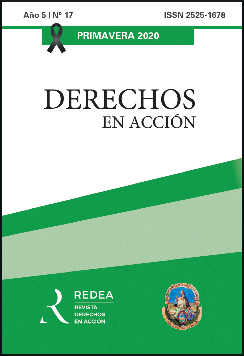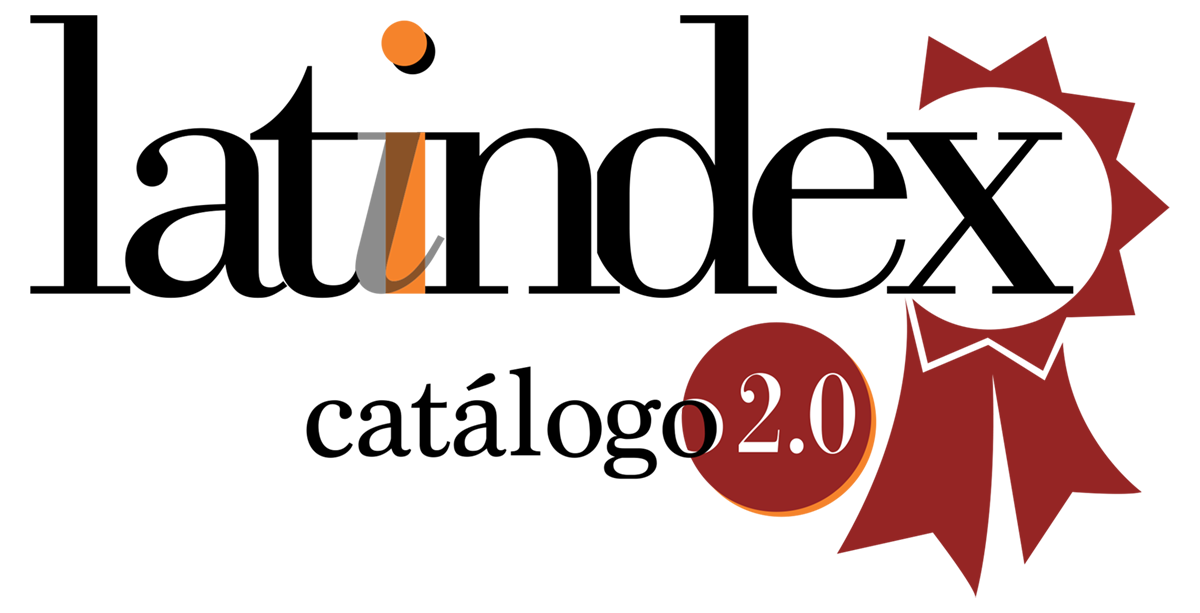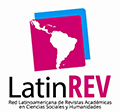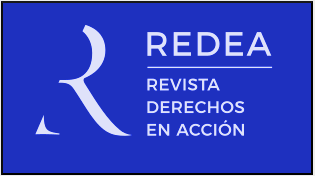La necesidad de abandonar o reformular la Ley Modelo de Insolvencia Familiar en el abordaje del sobreendeudamiento de la persona humana
DOI:
https://doi.org/10.24215/25251678e471Palabras clave:
consumidor, dignidad, derechos humanos, legislaciónResumen
: La crisis económica consecuencia del COVID-19 expone la mora estatal en implementar medidas para abordar la situación de sobreendeudamiento de la persona humana, especialmente respecto de la protección de la dignidad de la persona y de su grupo familiar. Con este motivo, las iniciativas legislativas S-1061/20 y 3540-D-2020 con el patrocinio de algunas asociaciones de consumidores se presentan como una propuesta superadora, que en la práctica implica el reingreso al Congreso nacional de la Ley Modelo de Insolvencia Familiar de la Oficina para América Latina y el Caribe de Consumers International, la cual propone un abordaje con una concepción moralista del endeudamiento personal excesivo. Siendo que este enfoque tiene consecuencias en el alcance y contenido de la tutela, así como ignora la responsabilidad estatal y/o de los proveedores de crédito y financiación para consumo, se propone abandonar concepciones binarias del sobreendeudamiento (pasivo/activo), así como reformular estas iniciativas bajo el principio rector del respeto a la dignidad de la persona.
Referencias
Ayala Corao, C. & Rivero, M. D. (2019) “Artículo 4. Derecho a la Vida”. En “Convención Americana sobre Derechos Humanos. Comentario” (122-154). Bogotá: Konrad-Adenauer-Stiftung.
Giménez Mercado, C. & Valente Adarme, X. (2010) “El enfoque de los derechos humanos en políticas públicas: ideas para un debate en ciernes”. En “Cuadernos del CENDES, V. 27, N° 74 (51-80). Venezuela: Universidad Nacional de Venezuela.
Japaze, M. B. (2016) “Sobreendeudamiento del consumidor. Remedios preventivos y de saneamiento. Ámbitos y procedimientos de actuación”. Tesis doctoral. España: Universidad de Salamanca.
Kalafatich, C. D. (2019) “Los procesos de insolvencia para personas físicas no comerciantes como mecanismo de acceso a la justicia. En “Temas de dereito procesual contemporáneo (304-328). Serra: Editora Milfontes.
Nikken, P. (1994) “El concepto de derechos humanos”. En “Estudios de derechos humanos”, N°1 (15-37). San José: Instituto Interamericano de Derechos Humanos.
Pérez Bourbon, H. (2020) “Calidad legislativa”. Ciudad de Buenos Aires: Konrad-Adenauer-Stiftung.
Rossi, J. O. (2017) “Regulación del endeudamiento y sobreendeudamiento del consumidor en la República Argentina”. Tesis doctoral. Morón: Universidad de Morón.
Rossi, J.O., Rodríguez Bustamante, C. & Mariani, W. (2019). “Análisis y puesta en común del marco normativo aplicable al consumidor de servicios financieros en la República Argentina desde la fuente normativa, doctrinaria y jurisprudencial”. Informe del proyecto de investigación 800-201702-00026-UM. Morón: Universidad de Morón.
Rusconi, D. D. (2015) “Manual de derecho del consumidor”. Buenos Aires: La Ley.
Sahián, J. H. (2018) “Derecho de acceso al consumo”. En “Cuestiones de derecho del consumidor II” (41-92). San Miguel de Tucumán: Bibliotex.
Sánchez Cannavó, S. I. (2018) “Crédito al consumo”. Ciudad de Buenos Aires: Ediciones DyD.
Descargas
Publicado
Número
Sección
Licencia
Todo el material publicado en la revista lo hace bajo una licencia Creative Commons de Reconocimiento-No Comercial-Sin Obra Derivada (CC BY-NC-ND) 4.0



.jpg)






























